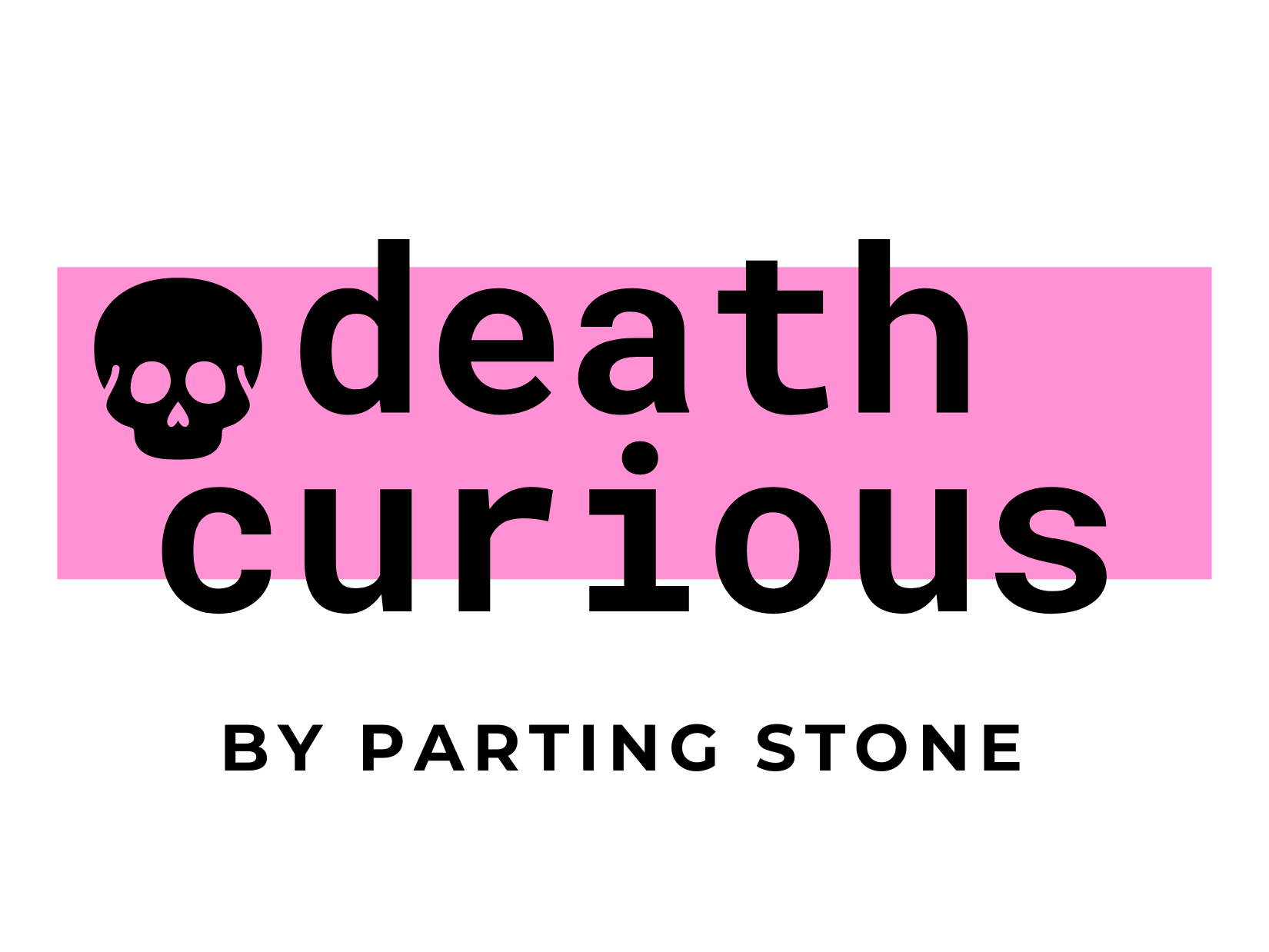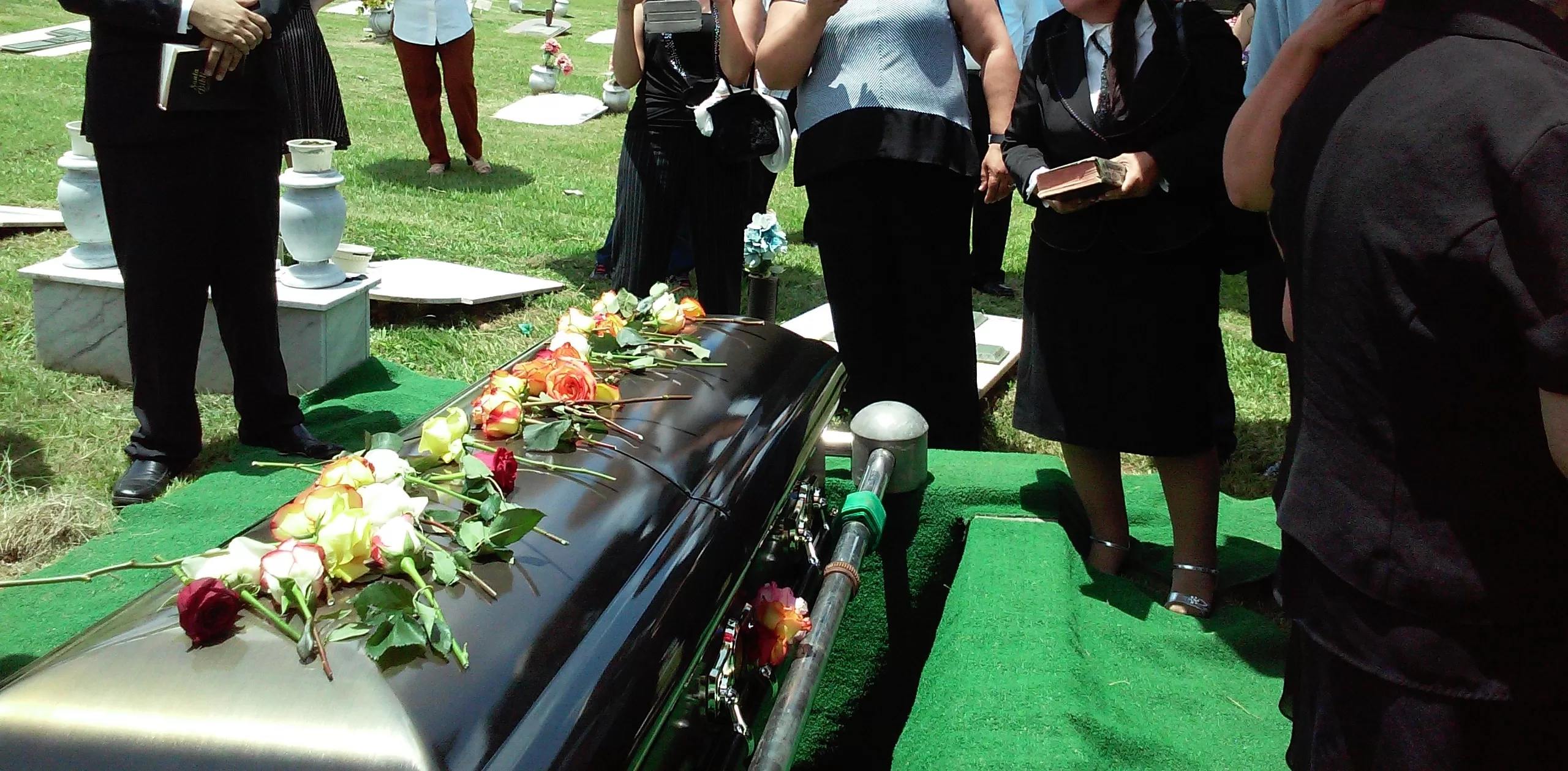By now everyone who watches the news or looks at social media is aware that Colorado is a state with more lenient funeral industry regulations and certification requirements than any other in the country. This knowledge comes in the context of a horrific funeral home scandal in Penrose Colorado, in which the smell of over 180 decaying bodies at Return to Nature Funeral Home prompted neighbors of the business to call local police to investigate. Many news sources were quick to point out that there is no requirement for licensure to be a funeral director in Colorado, (though funeral homes are still required to be licensed businesses). The state’s more lenient regulations for funeral directors have quickly come under scrutiny from the public.
However, before this scandal, Colorado had a reputation of being on the cutting edge of death care. As one of the first states to adopt both natural organic reduction and alkaline hydrolysis, and the only state to have a city that allows open-air cremation, Colorado families have more access to funeral options than anyone else in the country. Many of these new, more eco-friendly options are highly desired, and hold lots of meaning and value for many families. This previously pointed to a correlation between fewer license requirements and more opportunities for expansion and progress.
Now the question is one of correlation. Do more funeral home scandals happen in Colorado, where there are fewer funeral director regulations, and are these scandals directly caused by the lack of required licensure? Or does the benefit of allowing more people access to the funeral profession lead to better death care services and happier families? Are these questions mutually exclusive or is this a “both/and” scenario? Let’s look a bit closer at the history of funeral regulations and licenses to better understand how tragedies like the one at Return to Nature Funeral Home occur.

Colorado Funeral Regulations Explained
With Colorado’s funeral regulations under extreme scrutiny right now, it’s important to understand what the state’s actual regulations currently are, and how they differ from other states. The primary difference in Colorado is that individuals are not required to hold any licensure to be a funeral director at a funeral home. In other states, funeral directors are required to seek licensure through their state, which often requires specific education, internships, and/or passing exams. Licensed funeral directors also must earn a certain number of continuing education credits each year to maintain their license in most states. Licensure requirements vary by state and the National Funeral Directors Association has a thorough list of licensing boards by state available online.
Funeral homes, crematories, and death care businesses in Colorado are required to be a registered and licensed business with the Colorado Office of Funeral Home and Crematory Registration, and are required to adhere to certain health and safety codes that are also set by the state. Basically, this puts all of the onus for maintaining good death care practices and training funeral home employees in proper practices on the business entity itself in Colorado.
For other states in the US, both funeral home businesses and individual funeral directors are required to maintain licensure and meet state and federal health and safety requirements.
A Brief History of US Funeral Regulations
In the context of looking at scandals and mistakes in the funeral profession, it might seem like more strict regulation would help families and funeral professionals alike. When it comes to requiring licensure for complicated, dangerous, and close-contact jobs in death care like embalming and crematory operating, the need for certification or licensing seems especially obvious. However, for jobs that don’t have direct contact with human remains– like some funeral directors– the need for licensure has a more complicated and less direct history, according to some funeral law experts.
Dr. Tanya Marsh and the History of Funeral Regulation
Dr. Tanya Marsh is a Professor of Law at Wake Forest University where her scholarship focuses on laws regarding the status, treatment, and disposition of human remains. She teaches the only course in a U.S. law school on Funeral and Cemetery Law, and Professional Development. In her scholarly article for the Wake Forest University Law Policy Journal, “Regulated to Death: Occupational Licensing and the Demise of the US Funeral Services Industry,” Dr. Marsh outlines exactly why the funeral service profession began requiring licensure in the first place, and its origins are not in public health and safety as one might assume:
“Regulation in deathcare started in the early 20th century because the practice of embalming and the onset of what we now call “the funeral industry” began to develop right as the medical field and legal field were establishing themselves as professions that required specific licensure, and legislation was passing that required education, certification, etc. to become a professional in those two fields. The newly emerging “Funeral Director” position wanted to be considered a “profession” as well, and lobbied legislators to require certification for the deathcare profession.”
According to Marsh, funeral regulations in the US did not stem from inherent health risks associated with handling deceased bodies, or public outcry due to mishaps that were being reported, but from the desire for funeral directors to be seen as professionals on-par with doctors and lawyers. Lobbying for certification requirements was about prestige at its origin, not necessarily health and safety concerns. That’s not to say that handling deceased people isn’t a delicate job that needs to be done correctly, delicately, and respectfully…it is. Education about how to properly handle bodies, navigate legal paperwork, and maintain a sanitary work environment in a funeral home is absolutely important. But the history of why funeral directors in most states need a license isn’t based on those facts, according to Dr. Marsh’s research.
Marsh’s article continues to explain that the current funeral industry model which evolved from these lobbying efforts has presented the funeral profession with a few problems. These include mom & pop businesses struggling to stay profitable in the face of corporations like SCI (while still also being an extremely generational business model), and creating a system that is inherently difficult to innovate which has been historically resistant to change. Marsh credits many of these problems to antiquated and rigid regulation systems that don’t encourage or account for change in the needs and wants of funeral consumers. Our resulting system of state mandated licensure and business regulation is complicated and expensive. There aren’t a blanket set of license requirements nationally, and it’s up to each state to decide exactly what licensure means and requires. (Thus, a state like Colorado can simply forgo licensure requirements.) Similarly, in most mortuary school programs, outside of learning the art of embalming, funeral director education is majorly focused on business management aspects without much requirements devoted to grief counseling and support, interpersonal conflict management, new disposition options, or other aspects of working directly with grieving families.
Dr. Marsh’s research and perspective points to the conclusion that requiring funeral directors to be licensed may not be the deciding factor in preventing atrocities like the one at Return to Nature Funeral Home. From her point of view, regulations and license requirements in general need an overhaul to become more effective across the country.
Jessica Mitford and The Funeral Rule
In contrast to some of Dr. Marsh’s criticisms of the current funeral professional regulation system, there are federal level funeral regulations have been put in place specifically to protect funeral consumers. These regulations have less to do with the inner-workings of how deceased bodies are handled and health and safety, and more to do with consumer protection and ethical business practices.
After Jessica Mitford published The American Way of Death, a controversial critique of funeral business selling practices in mid-century America, the Federal Trade Commission passed “The Funeral Rule.” The Funeral Rule requires funeral businesses to make general price lists available to consumers so that price gouging isn’t possible and families have the ability to make informed decisions.
While most funeral directors are not actively seeking to take advantage of grieving families, the Funeral Rule and funeral home business practice transparency in general is surprisingly controversial among funeral professionals. For some reason, funeral business owners balk at the idea of allowing the general public access to knowledge about the pricing of funeral goods and services and the business side of funeral homes. More transparency to the public will only serve to help more people understand and trust funeral businesses, which is something this profession has struggled with for years.
The Funeral Rule went under review late last year. The FTC ruled that they would keep the rule, while opening a period of commenting around extending regulations around price accessibility for consumers including making pricing available online a mandatory requirement. While the FTC Funeral Rule serves a clear purpose, it does little to prevent instances like the Return to Nature funeral home disaster. However, it does help the general public’s opinion about our profession as a whole, and helps people understand that the Return to Nature incident is an outlier to general practices in this profession.

Funeral Home Scandals in the US
Current news coverage strongly suggests that Colorado’s current funeral home scandals are directly correlated to the state not requiring funeral director licensure. This is an easy conclusion to make at first.
However, with only a little research and investigation, it becomes apparent that funeral home scandals have been happening across the US as long as the industry has existed. A quick google search will reveal that, unfortunately, atrocious mistakes, scandals, illegal wrongdoings, and more within funeral homes and by funeral home staff happen in every state. Top google results for “funeral home scandal” include cases in Indiana, Florida, Georgia, Texas, New York, and California, to name a few. Google any state with the words “funeral home scandal” and you’re likely to turn up at least one case in the last 10 years.
There have been two very large, very horrific, funeral profession scandals in Colorado in the past few years, one is the recent Return to Nature case, and the other was a gruesome ordeal at Sunset Mesa Funeral Home in which the business owners plead guilty to stealing and illegally selling body parts. Both of these cases are horrendous, and people like these have no business being anywhere near the funeral profession. However, as far as I can find in my research, scandals are not more common in Colorado than in any other state, which leads one to question whether funeral director licensure is the culprit for the recent tragedy at Return to Nature.
The Positive Side of Death Care in Colorado
Along with the two previously mentioned deathcare atrocities, Colorado is also a state that is full of progressive, accessible, innovative death care and end of life options. Excellent, credible, Colorado-based organizations like The Death Wives, Be A Tree Cremation, and Colorado End of Life Collaborative offer access to quality death-related education and services. Colorado’s PBS station has an entire series dedicated to “Dealing with Death” and the state offers more diverse disposition options than any other in the country. This means that more families are able to customize their end of life care and funeral arrangements according to personal beliefs and values. Access to death care options that hold personal significance and value is an important way to help more people have good experiences with the death care profession and end of life services.
Funeral Regulations and Access to Deathare Jobs
While there could be a correlation between fewer funeral director license requirements and the terrible occurrences at Sunset Mesa Funeral Home and Return to Nature Funeral Home, there could just as easily be a connection to the wonderfully innovative and flourishing death care market in Colorado. Not requiring an extensive licensing process makes the job of funeral director more accessible to a wider range of people. Not having to do unpaid internships, or pay for an associates degree means that more people have access to a career as a funeral director. This probably means that both people who are deeply passionate about helping people have better end of life experiences, and those who see the industry as a way to get rich quick or as an easy way to scam vulnerable people, can more easily access employment in funeral homes.
Furthermore, Return to Nature Funeral Home was in direct violation of many of the requirements for funeral businesses that are in place in Colorado. Even though there are regulations in place, that funeral business didn’t adhere to them, which means that, even if those funeral directors had been required to receive licensure, they might not have respected the education and requirements that come with that process. This fact is probably how funeral home scandals happen in other states that do require licensure. There are deceitful, selfish, and careless people in every profession, but the repercussions of allowing these folks to slip through the cracks in deathcare are far weightier than in other professions.
These facts are further complicated when considering the labor shortage that the funeral profession has seen in recent years. This article from Carolina News and Reporter explains that, “Enrollment in mortuary science education has increased. But because of the volume of people leaving the field, and the length of time it takes to become a licensed funeral director, there is an employment gap that leaves the trade lacking.” Becoming a funeral director is currently a multi-year process, 60% of funeral professionals are hitting retirement age in the next 5 years, and there is an extremely high burnout rate among younger funeral professionals. These factors have created an issue with finding and hiring qualified funeral home staff. Thus, easier access to funeral home jobs could be a good thing, if there were a way to make sure that those employees got proper education and training on the job.
The point here is that death care is an important, sensitive, and consequential line of work. The complexities that go into caring for deceased people, supporting grieving families, and running a business are multifold. It’s crucial that funeral professionals are well educated, well trained, and well supported in their mental health and personal work/life balance in order to perform at the top of their game when working with families and to avoid burnout. Easier access to death care jobs and allowing more passionate people into the profession would help with all of these things. However, this probably means taking a look at our broader system of licensure requirements, not just requiring licensure itself, and taking a more holistic approach to improving regulations across the profession. Figuring out how to modernize an outdated system to better educate and support funeral directors, while also helping people who truly care about death care work gain easier access to jobs, will only help prevent tragedies like the one at Return to Nature from happening anywhere else, not just in Colorado.



